


Books in series

The Symbolism of the Stupa
1985

Context, Meaning, and Power in Southeast Asia
1986

Thai Radical Discourse
The Real Face Of Thai Feudalism Today
1987

Southeast Asian Ephemeris
Solar And Planetary Positions, A.D. 638–2000
1989

Trends In Khmer Art
1956

A Malay Frontier
Unity And Duality In A Sumatran Kingdom
1990

The Politics of Colonial Exploitation
Java, the Dutch, and the Cultivation System
1992

Southeast Asian Capitalists
1992

Tai Ahoms and the Stars
Three Ritual Texts to Ward off Danger
1992

Money, Markets, and Trade in Early Southeast Asia
The Development of Indigenous Monetary Systems to AD 1400
1992

Fields from the Sea
Chinese Junk Trade with Siam during the Late Eighteenth and Early Nineteenth Century
1993

Sjahrir - Politics and Exile in Indonesia
1994

Selective Judicial Competence
The Cirebon-Priangan Legal Administration, 1680-1792
1994

The Nan Chronicle
1994

Sejarah Awal Pers dan Kebangkitan Kesadaran Keindonesiaan
1995

In The Land Of Lady White Blood
Southern Thailand And The Meaning Of History
1995

Essays into Vietnamese Pasts
1995

Making Indonesia
Essays on Modern Indonesia in Honor of George McT. Kahin
1996

Young Heroes
The Indonesian Family in Politics
1997

Nguyen Cochinchina
Southern Vietnam in the Seventeenth and Eighteenth Centuries
1998

History, Culture, And Region In Southeast Asian Perspectives
1982

Tales from Djakarta
1957

Hadrami Awakening
Kebangkitan Hadhrami d Indonesia
1999

Violence and the State in Suharto's Indonesia
2000

Modern Dreams
An Inquiry into Power, Cultural Production, and the Cityscape in Contemporary Urban Penang, Malaysia
2002

Penambang Emas, Petani, dan Pedagang di "Distrik Tionghoa" Kalimantan Barat
2003

Nationalism and Revolution in Indonesia
1952

Southeast Asia Over Three Generations
Essays Presented to Benedict R.O'G. Anderson
2003

Spirited Politics
Religion and Public Life in Contemporary Southeast Asia
2004

The Indonesian Supreme Court
A Study of Institutional Collapse
2005

Laskar Jihad
Islam, Militancy, and the Quest for Identity in Post-New Order Indonesia
2006

Views of Seventeenth-Century Vietnam
Christoforo Borri on Cochinchina and Samuel Baron on Tonkin
2006

Thailand
The Politics of Despotic Paternalism
1979

Early Southeast Asia
Selected Essays
2007

Friends and Exiles
A Memoir of the Nutmeg Isles and the Indonesian Nationalist Movement
2007

Conflict, Violence, and Displacement in Indonesia
2008

At the Edge of the Forest
Essays on Cambodia, History, and Narrative in Honor of David Chandler
2008

A Man Like Him
Portrait of the Burmese Journalist, Journal Kyaw U Chit Maung
2008

Dependent Communities
Aid and Politics in Cambodia and East Timor
2009

State of Authority
State in Society in Indonesia
2009

Cultures at War
The Cold War and Cultural Expression in Southeast Asia
2010

Vietnam and the West
2010

Glimpses of Freedom
Independent Cinema in Southeast Asia
2011

Demographic Change in Southeast Asia
Recent Histories and Future Directions
2012

The Spirit of Things
Materiality and Religious Diversity in Southeast Asia
2012

The Politics of Timor-Leste
Democratic Consolidation after Intervention
2012
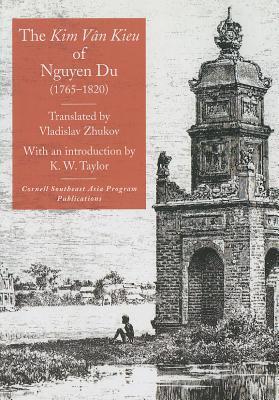
The "Kim Van Kieu" of Nguyen Du (1765–1820)
1970

A Mountain of Difference
The Lumad in Early Colonial Mindanao
2013

Exploration and Irony in Studies of Siam over Forty Years
2014
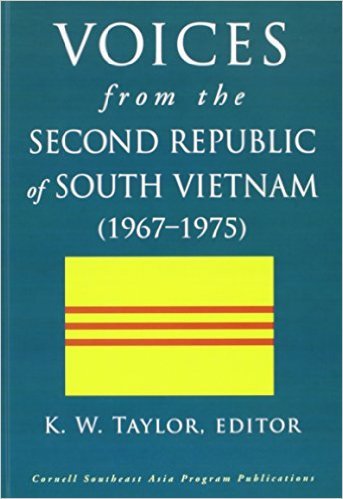
Voices from the Second Republic of South Vietnam
2015
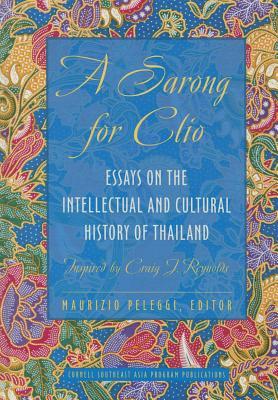
A Sarong for Clio
Essays on the Intellectual and Cultural History of Thailand―Inspired by Craig J. Reynolds
2015
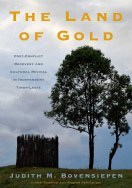
The Land of Gold
Post-Conflict Recovery and Cultural Revival in Independent Timor-Leste
2015
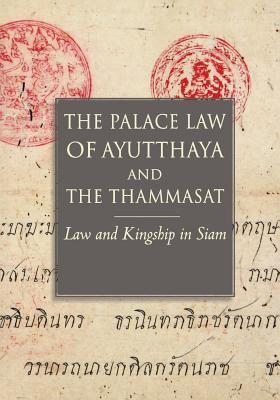
The Palace Law of Ayutthaya and the Thammasat
Law and Kingship in Siam
2016
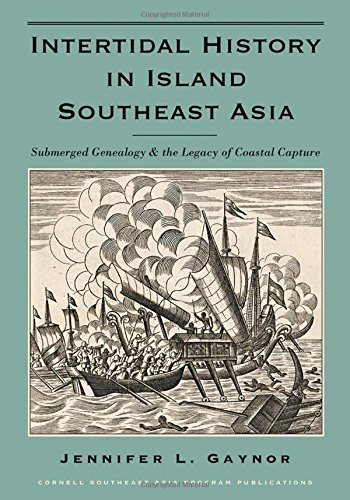
Intertidal History in Island Southeast Asia
Submerged Genealogy and the Legacy of Coastal Capture
2016
Authors

Pramoedya Ananta Toer was an Indonesian author of novels, short stories, essays, polemics, and histories of his homeland and its people. A well-regarded writer in the West, Pramoedya's outspoken and often politically charged writings faced censorship in his native land during the pre-reformation era. For opposing the policies of both founding president Sukarno, as well as those of its successor, the New Order regime of Suharto, he faced extrajudicial punishment. During the many years in which he suffered imprisonment and house arrest, he became a cause célèbre for advocates of freedom of expression and human rights. Bibliography: * Kranji-Bekasi Jatuh (1947) * Perburuan (The Fugitive) (1950) * Keluarga Gerilya (1950) * Bukan Pasarmalam (1951) * Cerita dari Blora (1952) * Gulat di Jakarta (1953) * Korupsi (Corruption) (1954) * Midah - Si Manis Bergigi Emas (1954) * Cerita Calon Arang (The King, the Witch, and the Priest) (1957) * Hoakiau di Indonesia (1960) * Panggil Aku Kartini Saja I & II (1962) * The Buru Quartet o Bumi Manusia (This Earth of Mankind) (1980) o Anak Semua Bangsa (Child of All Nations) (1980) o Jejak Langkah (Footsteps) (1985) o Rumah Kaca (House of Glass) (1988) * Gadis Pantai (The Girl from the Coast) (1982) * Nyanyi Sunyi Seorang Bisu (A Mute's Soliloquy) (1995) * Arus Balik (1995) * Arok Dedes (1999) * Mangir (1999) * Larasati (2000)



George McTurnan Kahin was an American historian and political scientist. He was one of the leading experts on Southeast Asia and a critic of United States involvement in the Vietnam War. After completing his dissertation, which is still considered a classic on Indonesian history, Kahin became a faculty member at Cornell University. At Cornell, he became the director of its Southeast Asia Program and founded the Cornell Modern Indonesia Project.

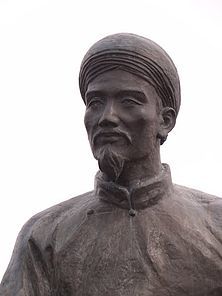
Nguyễn Du (1766–1820), tên tự Tố Như (素如), hiệu Thanh Hiên (清軒), biệt hiệu Hồng Sơn lạp hộ (鴻山獵戶), Nam Hải điếu đồ (南海釣屠), là một nhà thơ, nhà văn hóa lớn thời Lê mạt, Nguyễn sơ ở Việt Nam. Ông được người Việt kính trọng tôn xưng là "Đại thi hào dân tộc".[1] Tác phẩm Truyện Kiều của ông được xem là một kiệt tác văn học, một trong những thành tựu tiêu biểu nhất trong nền văn học trung đại Việt Nam. Please do not combine with Nguyễn Dữ (16th-century): https://www.goodreads.com/author/show...
